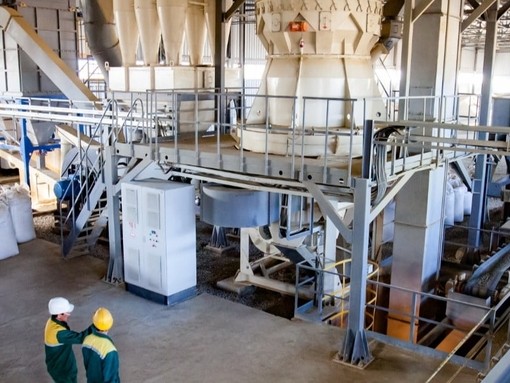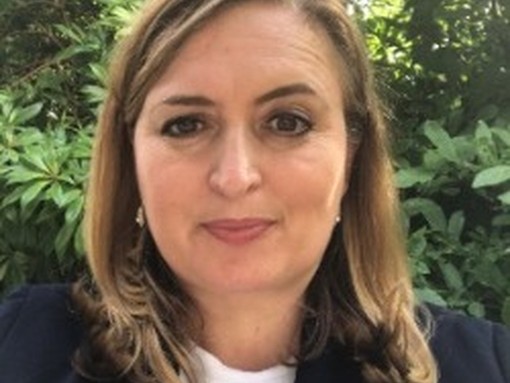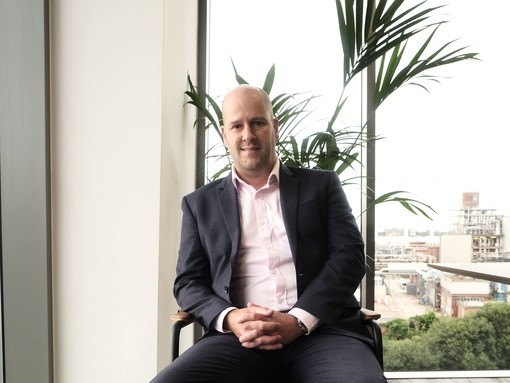
"It’s inspiring to work alongside equally ambitious women" | Meet Emily Timmins, Senior Project Manager at St. Modwen
Emily Timmins is a Senior Project Manager working for the Infrastructure and Project Management Team at St. Modwen Strategic Land & Regeneration. With a background in civil engineering and working as technical lead for her team, Emily is also involved in broader projects across the business.
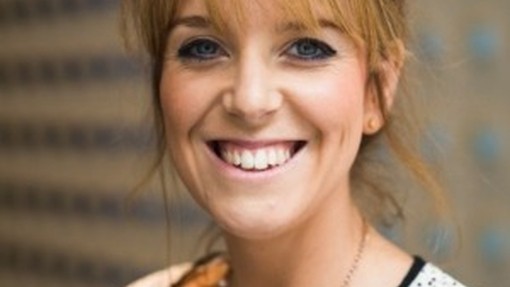
“Our team is unique and is a real USP for the business – we have in-house technical expertise meaning we are able to get under the skin of our developments by looking at the bigger picture and ensuring problems are solved before they become one!”
“We specialise in the delivery of complex infrastructure, managing the preparation of strategic land in a master developer role to facilitate serviced land parcels from acquisition through to disposal. Our job is to manage multi-disciplinary teams of external specialists on each of our projects who are some of the best in the business. However, where external consultants will focus on the detail of a specific issue, we have the commercial and technical knowledge to add value at the site-wide level, meaning we get to the route of any problems early and can get the best solutions.”
“We must be one step ahead at all times; we must have the foresight and predict what the knock-on effect on any decision might be, because no development goes from A to B – there are always huge curveballs and obstacles. One reason for this, is that we’re beholden to so many stakeholders, such as local authorities, highways authorities, drainage boards, the Environment Agency (just to name a few!) and who will quite often have differing opinions on how the development will ultimately pan-out.”
“One of our most important roles is to build relationships with these stakeholders and gain their trust over many years, to show that we deliver what we say and that the quality of what we construct is second to none. The nature of the beast working in this role, in this industry, is that things will change all of the time. It certainly keeps you on your toes; there’s always new things to learn, or areas you must revisit if they haven’t quite worked out. Being able to say ‘let’s try something else’ takes a lot of experience and practise, but change is something you must become comfortable with. The job isn’t black and white – it’s grey, with blurred lines that constantly go in different directions. But that, for me, is what keeps it interesting.”
“I joined St. Modwen eight years ago and my boss, Neil Williams, joined 14 years ago. Since then, we’ve brought in people with the tenacity and problem-solving ability required to provide true value to our developments. These are specialist roles, and whilst the right expertise can be difficult to find, the real draw is the opportunity to work on career-defining projects that truly stand out in our industry. For example, we acquired 1,000 acres of Brownfield land in South Wales, where we were essentially charged with cleaning it up and turning it into developable land again. The liability that came with that project was huge, but to us, it was vastly exciting as our expertise really came into its own. We’ve also delivered countless new highway junctions to our schemes, improved existing and built new rivers, tunnelled under motorways, and carried out large scale demolition. The variety is enormous, which is why I love it.”
“When reflecting on my career path to-date, like most people, I approached my A-Levels without much career advice or knowing what I may like to do as a long-term job. I was always strong academically, and Maths was a subject I enjoyed, so I knew I wanted to do something that centred on that. In addition, although I didn’t do Design or Art beyond GCSEs, I’d always been relatively creative, so when looking at University courses, I did some research about what could combine both of these disciplines; and Civil Engineering came up trumps!”
“I found A-Levels tough, and although I ended up getting decent grades to get into university, mentally and financially I wasn’t in a good place to dive straight into Further Education, so instead, I took a gap year. I spent some time travelling around Asia and working in Australia, and when it was time to move back home, I decided to look into sponsorship. I wrote to lots of companies asking for their support to complete my degree, while also doing a work placement with them. Fortunately, I was able to secure an undergraduate sponsorship with a main contractor.”
“This opportunity was perfect as it allowed me to work and study, gaining real experience from spending three consecutive summers on site. This route also meant that I was able to go straight into a job when my degree finished, and I quickly achieved promotion. I was helping to build prisons in partnership with the Ministry of Justice as part of a £200m project, as well as office blocks and the new Metro line in Birmingham. I wasn’t even 25, so it felt like an incredible achievement and something I was really proud of.”
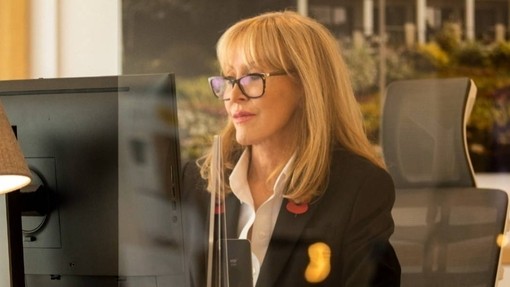
“I then started to wonder if I wanted to be contracting all my life. I had begun thinking about my future and the possibility of settling down or starting a family, which is difficult when contracting as you are where the work is. Numerous things in my career have been shaped by the ‘What ifs’ of being a female, but these same considerations have brought me to where I am today.”
“I decided to apply for a role with a major design and engineering firm, where I knew my design experience would come into play. The position was office-based, so it provided a lot more flexibility in terms of work life balance, but I felt like a small fish in a very big pond and was struggling to secure proper responsibility. This job, however, did allow me to meet and work for Neil who gave me the chance to be seconded into St. Modwen, and as they say, the rest is history.”
“When I first joined St. Modwen, our division was a small but central function, known as the Construction Team. We were also made up of six men, and me. I was the first female and considerably younger than everybody else, but I’d had so much exposure to real time scenarios in the industry, that I quickly found myself reporting regularly at board meetings with the senior directors, which was a huge step up and gave me a major confidence boost. And that visibility to report into the most senior people in the business is still a real perk of the job today – it’s not something you always get working for companies of this size.”
“Despite working in a small, male team, as the business has grown, numerous inspirational female colleagues have been brought into the company. One person who stands out is our old Chairman, Danuta Grey (yes, she specifically wanted to be known as Chairman and not Chairwoman or Chairperson). It’s inspiring to work alongside equally ambitious women, many of whom juggle family life with high-profile careers. A colleague once told me to not be afraid of change, go with the flow and take the opportunities that come my way, even if they seem out of my depth – words that now form part of my professional and personal mindset.”
“It’s also fair to say that I’ve been extremely lucky to have amazing support throughout my career at St. Modwen and always had the backing from both male and female colleagues who have really pushed me to do my best. I’ve never been afraid of asking for more responsibility, and fortunately I’ve been encouraged to step-up and rise to the challenge, which I think has really helped me progress in my career.”
“I’ve always been strong-willed, and one of my main mantras in life is that if you don’t believe in yourself, nobody else will. As I continue to expand my skillset in this role, I’m coming across more women who prove it’s more than possible to not only succeed but excel in a sector that people just instinctively associate with men. We’re working hard to change that perception, and while that change takes place, I’m really enjoying everything I do.”
Elise Coalter is a Project Director at St. Modwen. Read her story here, and find out more about the business here



